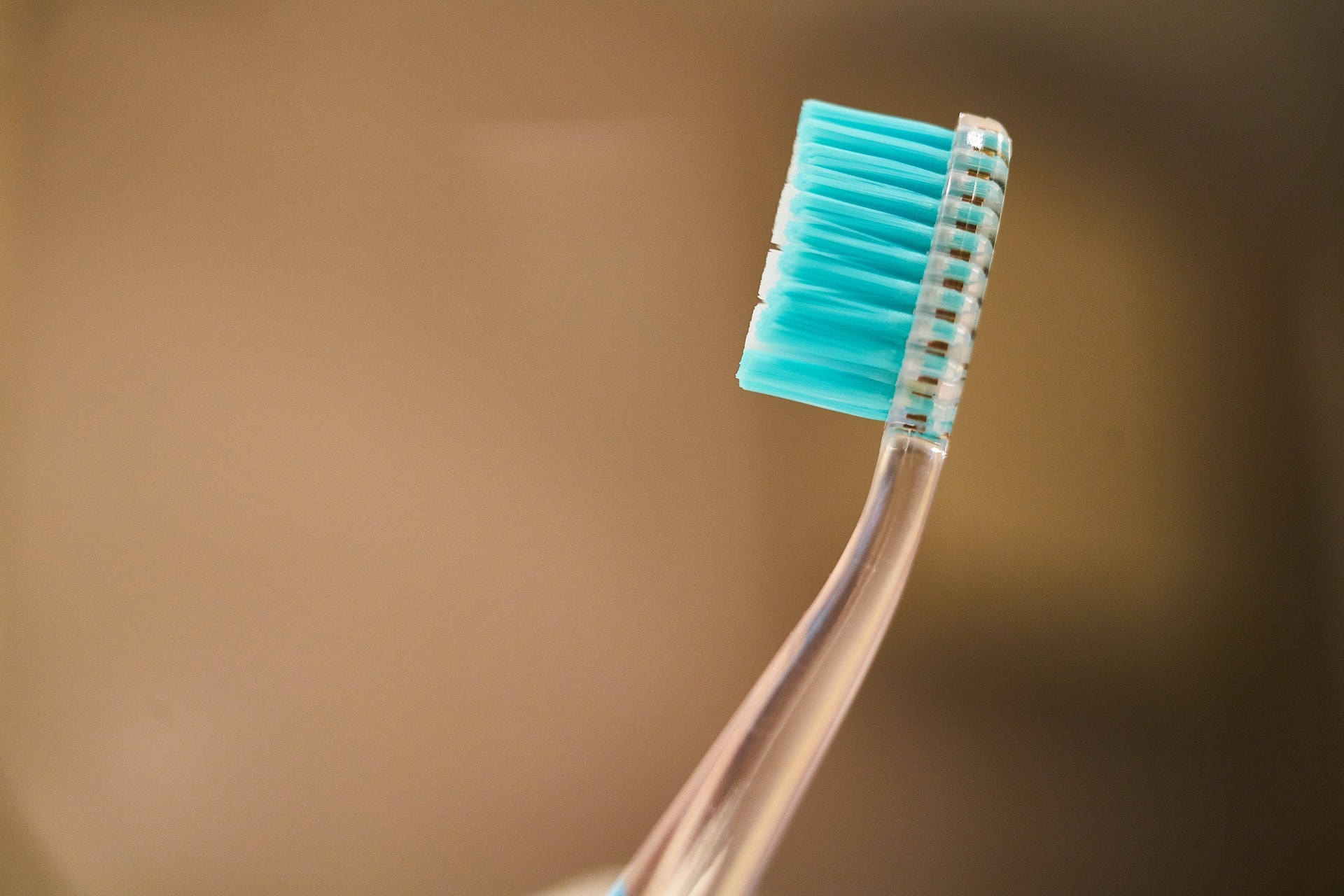Latitude Aero’s Deep-Cleaning Approach to Aircraft Cabin Sanitization During COVID-19
Share

Kelvin Boyette, president and CEO of Latitude Aero, has a message for airlines: aircraft interiors must be sanitized according to component maintenance manual specifications. Not doing so puts the long-term durability of seats and other fixtures in jeopardy. Latitude’s tried-and-true approach to decontamination involves time, attention to detail and thousands of cotton swabs.
Central to the aviation industry’s rebound from the coronavirus pandemic will be the assurance of cleanliness in the cabin. Studies have shown that the virus can live on plastic and stainless steel for as many as three days, a fact that won’t be lost on many travelers for as long as COVID-19 remains a threat.
Kelvin Boyette, president and CEO of Latitude Aero, predicts that airlines will prioritize spending on cleaning and decontaminating the interiors of their aircraft and repositioned his company to address this. The fleet refurbishment and upgrade company is now heavily promoting its sanitizing and decontamination services.
Boyette recently made a statement addressing something that has irked him lately: major airlines are using fogging methods to decontaminate their cabins and are posting videos of the process on social media. Cabin fogging can give the impression of all-encompassing cleanliness, but to him it’s nothing more than smoke and mirrors.
The issue lies with cleaning solutions that are inappropriate to use in an aircraft’s interior. Some fogging chemicals contain chlorides, which he explains leads to oxidation on the aluminum spreader bars, seatbelts and other hardware, setting the stage for rust to appear. “It could only take three to five days and [those parts] will start to oxidize,” Boyette said.
Fogging can be useful for certain applications when speed is required. “It’s great for confined areas like baggage bins and maybe the cargo hold and, you could argue, lavatories and galleys.” But another issue becomes apparent when considering the fogging method demonstrated in airline marketing videos: the cleaning staff are not addressing hidden areas where the virus could be lurking. “They’re still not opening up armrests or in-arm tray tables. They’re still not turning tray table latches and putting down the tray tables. And the germs are still on the other side of the tray table that’s not getting fogged.”
This is why Latitude champions a different approach, and it’s the same one that has been used since Boyette founded the company five years ago. It involves a thorough approach to cleaning every nook and cranny of the seats using toothbrushes, sponges and cotton swabs. “We go through 5,000 to 10,000 cotton swabs per week,” he noted. “We clean the metal components, we clean the cushions and covers and behind the tray table latch … the arm caps, the recline buttons, any audio controls.” Its staff uses 70% isopropyl alcohol, soap and water, which is what component maintenance manuals recommend.
“It’s a very trying time for our industry, but we’re all in this together.” – Kelvin Boyette, Latitude Aero
Latitude is attempting to win business with airlines that have grounded fleets across the lower 48 states. The company is poised to use its expertise in commercial aircraft seats as a major selling point. Latitude employs 13 people and 10 contractors. In order to provide what it calls “on-wing service,” the company will work with an aviation employment agency to deploy cleaning crew simultaneously in various territories. “There may be 20 airplanes in a location and it’ll take about 10 days to properly go through [them] with a crew of five to seven people,” said Boyette. Latitude is also offering cleaning services at the gate, during aircraft turns.
In the spirit of solidarity, Latitude is giving customers the option to defer payment. Boyette mentioned that his company is still growing and hiring in anticipation of a new repairs location in Everett, Washington, and a move to a larger workspace in its Greensboro, North Carolina, headquarters. Latitude recently hired Michael McMahan, a manufacturing industry veteran, as its director of Sales at a time when many companies are considering layoffs.
Boyette feels “blessed” to be surrounded by business partners who are in it for the long-haul. “It’s a very trying time for our industry, but we’re all in this together,” he said.


